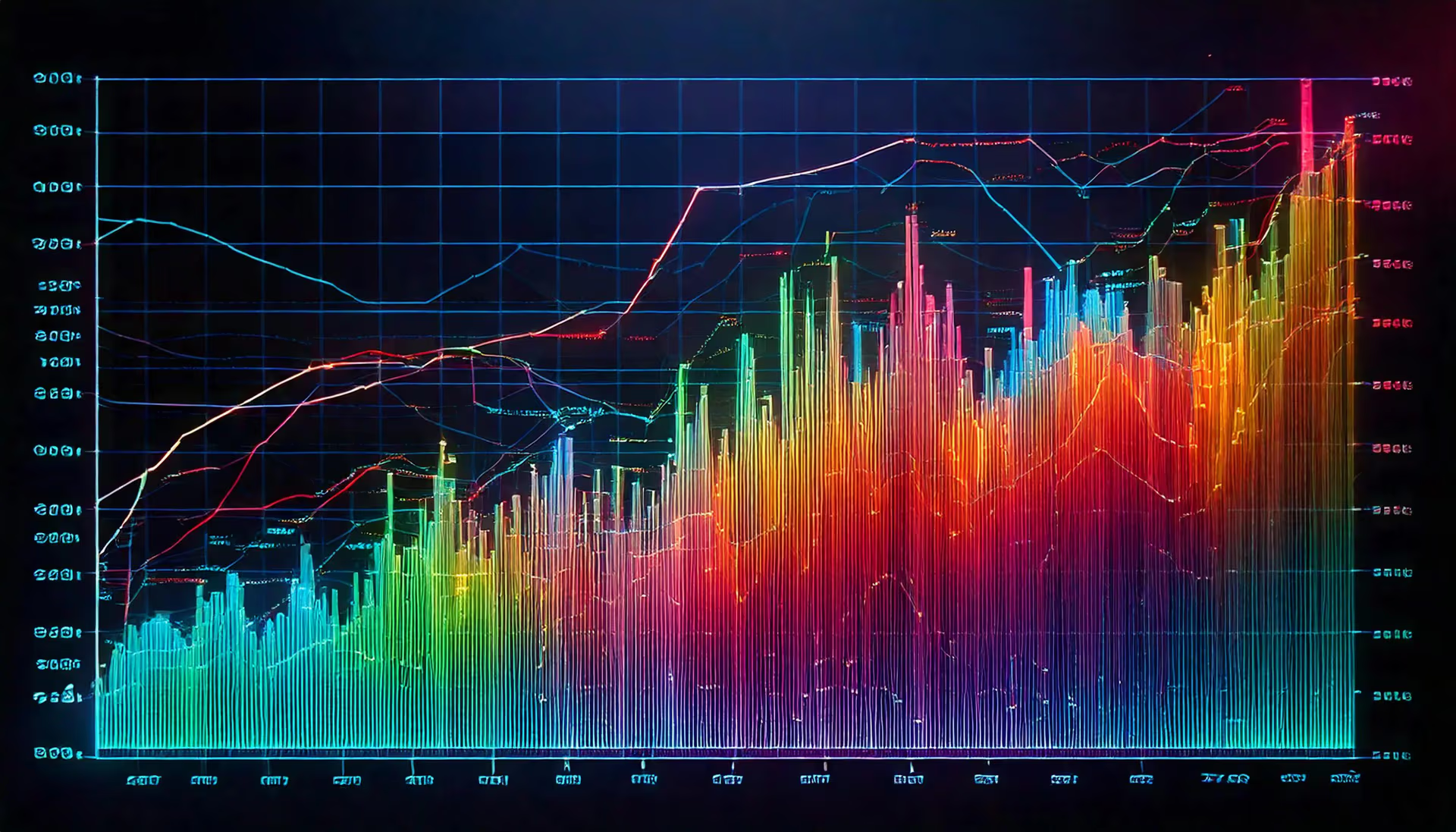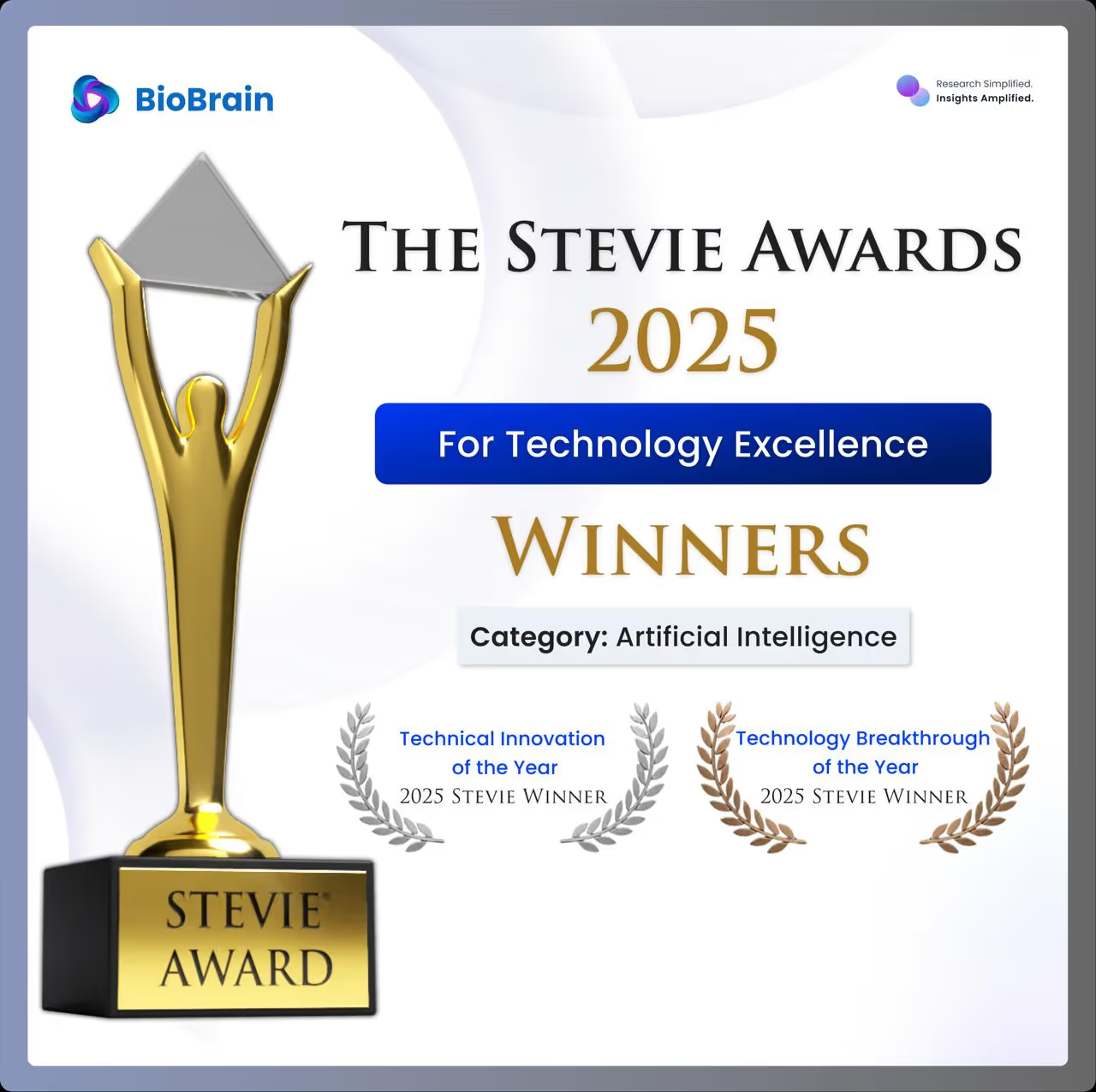In an era where consumer preferences shift at lightning speed and technological advancements reshape the landscape of market research, agility has become a crucial attribute for organizations striving to stay relevant. The ability to adapt quickly to changing conditions is no longer just an advantage; it is a necessity.
Agility in market research refers to the capacity of research institutions to respond promptly to new information, emerging trends, and evolving consumer behaviors. This adaptability enables organizations to maintain a competitive edge and deliver insights that are both timely and actionable.
As the market continues to evolve, adopting Agile methodologies is essential for research institutions aiming to future-proof their operations. Agile practices foster a culture of flexibility, collaboration, and continuous improvement, allowing teams to pivot quickly in response to new challenges and opportunities.
By embracing these methodologies, organizations can align their research processes with emerging market trends, ensuring that they remain responsive to the needs of consumers and stakeholders alike. In this blog, we will explore the future trends in market research and how BioBrain supports the vision of agility, empowering institutions to thrive in an ever-changing environment.

Future Trends in Market Research
As we look toward 2025, the landscape of market research is rapidly evolving, driven by technological advancements and changing consumer behaviors. Here are some key trends shaping the future of market research:
1. Increased Use of AI and Machine Learning
Artificial Intelligence (AI) and machine learning are transforming the way data is collected, analyzed, and interpreted in market research. These technologies enable researchers to process vast datasets quickly, uncovering patterns that inform strategic decision-making.
AI tools such as Natural Language Processing (NLP) and sentiment analysis allow companies to analyze customer feedback from social media and reviews, providing deeper insights into consumer preferences and behaviors. This shift towards AI-driven analytics not only enhances the speed of data processing but also improves the accuracy of insights, allowing organizations to forecast trends and adapt their strategies effectively.
2. Real-Time Data Analytics
The demand for real-time data analytics is becoming increasingly critical as businesses seek immediate insights to inform their decisions. Traditional market research methods that rely on historical data are no longer sufficient in a fast-paced environment.
Real-time analytics allows organizations to gather and analyze data as it is generated, enabling them to respond swiftly to changes in consumer behavior and market dynamics. For example, retailers can measure customer attitudes toward products immediately upon launch, allowing for quick adjustments to marketing strategies based on current feedback.
3. Personalized Consumer Insights
Consumers today expect tailored experiences that resonate with their individual preferences. The rise of hyper-personalization in marketing strategies is driven by advanced data integration techniques that allow brands to create sophisticated customer personas.
By analyzing diverse data sources, organizations can deliver personalized content and recommendations that enhance customer engagement and satisfaction. This trend emphasizes the importance of understanding consumer behavior on a granular level to develop effective marketing campaigns.
4. Mobile and Digital Qualitative Research
The shift towards mobile platforms for conducting qualitative research is gaining momentum. With consumers increasingly using smartphones for communication and shopping, mobile research methods provide a convenient way to gather real-time feedback.
Mobile surveys, in-app feedback mechanisms, and social media interactions are becoming popular tools for capturing consumer insights on-the-go. This trend not only facilitates immediate data collection but also allows researchers to engage with participants in more natural settings.
5. Ethnographic and Immersive Research Methods
Emerging technologies such as Virtual Reality (VR) and Augmented Reality (AR) are revolutionizing ethnographic research by providing immersive experiences that help researchers understand consumer behavior more deeply.
These methods allow researchers to observe how consumers interact with products in simulated environments, offering valuable insights into decision-making processes and emotional responses. As these technologies become more accessible, they are likely to play a significant role in shaping future market research practices.

The Imperative of Agile Methodologies
Why Agile is Essential for Market Research
In the fast-paced world of market research, agility is not just an advantage; it is a necessity. The benefits of Agile methodologies are particularly pronounced in this dynamic environment, where the ability to adapt quickly to changing consumer behaviors and market conditions can make or break a business.
Flexibility
Agile methodologies allow research teams to pivot rapidly based on real-time insights. Unlike traditional methods, which often follow a linear and rigid process, Agile promotes iterative cycles that enable teams to adapt their strategies as new data emerges. This flexibility ensures that research efforts remain relevant and aligned with current market trends.
Responsiveness
The speed at which Agile methodologies deliver insights is one of their most significant advantages. By streamlining data collection and analysis, organizations can obtain timely feedback that informs decision-making. This responsiveness allows businesses to seize opportunities and address challenges as they arise, rather than relying on outdated information from lengthy research processes.
Enhanced Collaboration
Agile methodologies foster collaboration across cross-functional teams, breaking down silos that often hinder effective communication in traditional research settings. By encouraging regular interactions among marketing, product development, and customer service teams, Agile practices ensure that insights are shared and acted upon collectively. This collaborative environment enhances overall research quality and drives better business outcomes.

How BioBrain Aligns with the Vision of Agility in Research
BioBrain’s Features Supporting Agility
Automated Data Collection
BioBrain streamlines the data gathering process through advanced automation features that significantly enhance efficiency. By automating survey programming and data collection, researchers can launch surveys up to 80% faster than traditional methods. This automation reduces the time spent on manual tasks, allowing teams to focus on analyzing results rather than getting bogged down in administrative details.
Additionally, BioBrain’s automated reconciliation of respondents ensures that data collection aligns with predefined quotas, facilitating quick adjustments based on real-time insights. This level of efficiency is crucial for maintaining agility in a fast-paced market environment, where timely data is essential for informed decision-making.
AI-Driven Analytics
BioBrain leverages AI to provide rapid insights and predictive analytics, transforming the way researchers interpret data. The platform utilizes machine learning algorithms to analyze vast datasets quickly, uncovering patterns and trends that inform strategic decisions.
For instance, AI-powered open text analysis allows researchers to gain nuanced insights from open-ended survey responses through sentiment scoring and topic modeling. This capability not only enhances the depth of analysis but also accelerates the time-to-insight (TTI), enabling organizations to respond proactively to changing market conditions and consumer preferences.
Real-Time Monitoring Capabilities
One of BioBrain's standout features is its ability to monitor data quality and insights as they are collected in real time. This real-time monitoring ensures that researchers can identify and address any issues—such as inconsistencies or invalid responses—immediately, thereby maintaining high standards of data integrity throughout the research process.
By facilitating ongoing quality checks and validation, BioBrain enhances the reliability of insights derived from research efforts. This capability allows organizations to pivot their strategies effectively based on current data, ensuring that research remains relevant and aligned with client objectives.

Through its innovative features—automated data collection, AI-driven analytics, and real-time monitoring—BioBrain embodies the principles of agility in market research. By streamlining processes and enhancing responsiveness, BioBrain empowers research institutions to navigate the complexities of today’s market landscape with confidence and precision. As organizations increasingly adopt Agile methodologies, tools like BioBrain will be essential in driving long-term success and adaptability in an ever-evolving environment.













